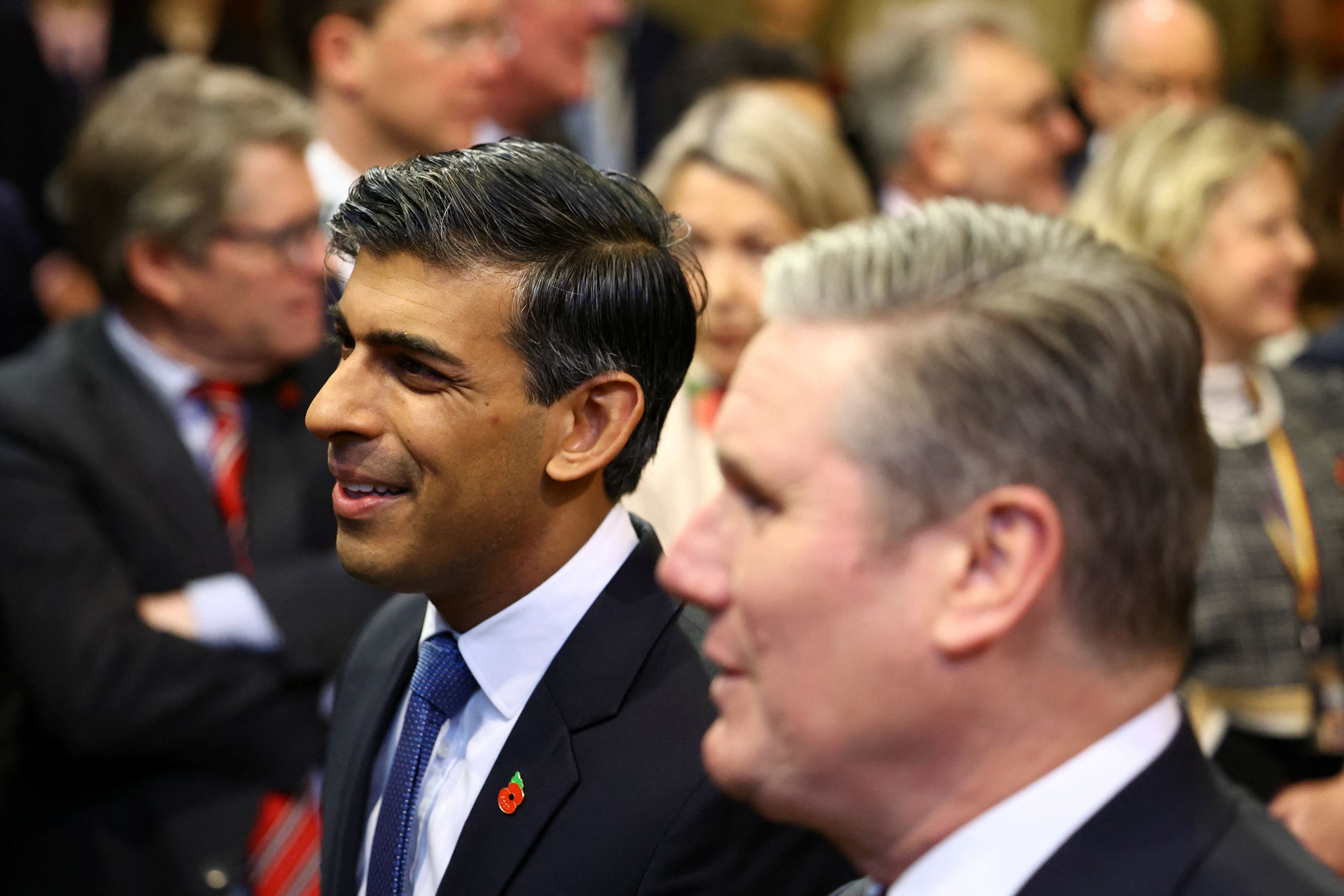Could Rishi Sunak gamble on a spring election?
With a recession still possible, the prime minister might be tempted by an autumn election, says Sean O’Grady. But might he gamble on a quicker turnaround?


This looks certain to be an election year and, on current polling, it looks highly likely there’ll be a change of government. But to the extent prime ministers are in charge of their own destinies, the timing of the election is a key decision for Rishi Sunak. And for his party it could be the difference between humiliation or total wipeout, thus deciding the shape of a future comeback.
When will the election be?
There are plenty of answers to that question. The most important factor is prime ministerial judgement. Since the repeal of the 2011 Fixed-term Parliaments Act, the prerogative once again lies with the prime minister advising the sovereign to dissolve parliament; no Commons approval is required. So the short answer will be “when Mr Sunak thinks he has the best chance of winning it”. That will mainly be based on the progress of the economy.
Could Sunak cut and run?
He could, and it might even be advisable to go sooner rather than later because there are good reasons for thinking things might get worse rather than better over 2024 – partly because of factors outside his control, such as global instability. A recession is still possible.
Usually, premiers tend to the Mr Micawber school of thought, and soldier on in the hope that “something will turn up”. For Mr Sunak, that would be some mild growth in the economy, tax cuts (and the promise of more in the 6 March Budget), some easing of interest rates, and the Rwanda plan at last being implemented.
So is a May election “on”?
Yes, and the relatively early Budget suggests an April or May election could still cash in on tax cuts. However, Downing Street is keen to play down such speculation in case economic circumstances turn out to be less propitious than hoped, and so that Labour can’t tease them for bottling it.
How about October?
That would certainly allow much more time for the polls to react to improving economic news, and for bad memories of the Johnson-Truss era to fade – but also for things to go awry. It is also possible that some voters will want to punish the Tories for hanging on fairly pointlessly. After all, the assumption after the 2019 general election, was that 2023 would actually be the next election year and that Boris Johnson would be by now celebrating his second term of office and making the 2020s “the age of Boris”. What might have been!
What is the last possible date?
Constitutionally, it could still be just over a year away. The 2019 “get Brexit done” election was held on Thursday 12 December, and the new parliament met on 17 December. If an election was called after the full five years – on 17 December 2024 – the last available Thursday for polling day would be 23 January. However, Mr Sunak has indicated that 2024 will be the election year, and pushing things to the last possible (and very cold) date wouldn’t be popular with anyone.
What do the voters want?
Two-thirds of the public would like Sunak to call a general election by the summer, according to a recent poll for the Daily Mirror. Some 31 per cent want it as soon as possible, while 19 per cent prefer the spring and 16 per cent would rather the summer. Only 9 per cent of the electorate favour the autumn and even fewer (3 per cent) said winter.
Who will win?
No government has come from this far behind to win again, and no one seems to think the Tories would do better than in 2019. On the other hand, for Keir Starmer to become prime minister would also require a swing of historic proportions.
How badly Sunak and his party go down depends on the usual economic factors, the state of the public services and progress on migration policy. In 2024 there will also be factors such as how far the voters will vote tactically, the extent of the decline in the SNP’s fortunes, the prospects for Reform UK and how significant abstentions will prove on the day. It could quite easily be the Tories’ worst parliamentary result since the Great Reform Act of 1832.
What does history tell us?
Governments that go for the full five-year term have a very mixed record. It worked for John Major in 1992 but not in 1997, for example. Events proved that Jim Callaghan was wrong to postpone the 1978 election until after the unforeseen winter of discontent in 1979, and the same might be said for Gordon Brown who could have won his own mandate in 2007 rather than pressing on and running into the global financial crisis by 2010.
The 2015 election at the end of the Con-Lib Dem coalition was an oddity because the Conservatives prospered yet the Liberal Democrats suffered a disastrous result. The most hopeful precedent for Sunak is 1963-64, when Alec Douglas-Home’s Tories came back from apparent oblivion to lose only very narrowly to Labour, led by Harold Wilson. They then lost much more heavily to Labour in 1966, but by 1970 the Conservatives were back in power with a new leader, a working majority and a radical programme.
Subscribe to Independent Premium to bookmark this article
Want to bookmark your favourite articles and stories to read or reference later? Start your Independent Premium subscription today.






Join our commenting forum
Join thought-provoking conversations, follow other Independent readers and see their replies
Comments